|
I love this saying as I think it is so true - coupled with IF you are willing to be open to finding the right answer.
As I haved played with many different horses over the years and observed their behaviors, the more I realize that horses need far more time than we allow them to digest new learnings, experiences, people, places and things. Granted, they learn 3 times faster than humans do BUT to be fully confident in learning, I really feel that time is the best resource we have. TIME can mean a couple of difference things - for a horse that needs to "lick and chew" on things, it can look like going really slow when introducing new ideas or desires - so giving them time within the training and then after. For the high energy, super learners, time may be teaching something relatively quickly to keep their attention but then not staying on that "subject" long and keeping the session short - giving the TIME between sessions. Or, for the less trusting or uncofident horse, TIME may mean breaking down your training goal into small steps, giving them time on each to gain their confidence. What I have discovered is the more TIME I give to each of my 3 horses, the better the results I get the next session and I am rewarded with a much stronger bond and desire from the horse. Try it and you will be surprised at how taking the time will actually increase your results too. I love this saying as it really applies to life in general. But specifically to our horses. I know, for me and my comfort level, I like to keep things calm and not have my horses raise their prey animal energy if I can help it. BUT I know that does not allow them to grow and that sometimes, they need to "go there" go to a place where they are a bit un-confident, to grow. An example of this is my horse Marley - he is so confident when he is in his 5 acre pasture, his known area. But as soon as I take him out of the gate and through the neighborhood, his energy comes WAYYYY up and he becomes worried. I used to avoid this but now I am using strategies to help Marley become more confident, and in the process, I am becoming more confident. Hmm - interesting how when our confidence rises, so does our horses. Our horse needs to know we are an alert, aware leader and that our focus is the keep the herd safe. Sometimes, it is hard to find that "peace" when our environment is not peaceful. In case you wanted to know, some of the things I am doing are: recognizing the first moment that Marley is at a threshold when I take him out and then staying at that threshold, keeping him busy, until he is confident in that space. Then, moving on to the next space (which may only be 12 inches from the last). All of this is done on the ground, online as Marley does not need to manage his confidence and the weight and balance of a rider at the same time. This can take an hour or tow hours or whatever - I allow Marley the time he needs so that the next time, it takes less time. I see alot of people with their horses blowing or forcing their horse through thresholds and boy is that an accident waiting to happen. Also, it teaches your horse that you dont care about their feelings or respect them and to them, that means lack of trust in you. Here is a great example from one of my mentors on how to help a horse find his own peace: Let me know your thoughts on this! I was out in the pasture playing with my horse, standing on a white bucket. I had not used this particular bucket in this area of the arena or stood on a bucket actually with this horse. If you watch the video carefully, you will see he is at liberty and can go as he pleases - he chooses to stay BUT is showing signs of apprehension of the bucket. He actually does not want the bucket on his right side even. I did NOT pick up on this - stupid me, until the bucket made a noise toward the end - then I turned this into a friendly game with the bucket. Should have done this before standing on the bucket. This lesson is very important as so many times we miss the subtle signs and then "from out of nowhere" - not really, they buck, spook, etc etc. But the warning signs were there if paid attention. Another great reason to video tape yourself and watch later so you can see what you missed. www.onehorsenetwork.com This quick article is a must read and shows how your body affects your tack as well as how it can impede and even cause pain for your horse. Fascinating information when considering saddle fit and horse "problems" under saddle - most likely they are caused by either your body or your tack.
http://www.equinechronicle.com/riding-and-training/saddle-research-uncovers-new-theory-in-asymmetry.html Notice how this riders right shoulder is lower than her left. This will impact her horse's ability to do many of the maneuvers we ask of our horse. For example, there is a good chance the horse will not be able to pick up the correct lead in a canter, since the weight of the rider is not balanced in her own body. I recommend two exercises to help you determine your own body positions - sit on your saddle in front of a mirror. See what your body looks like at rest, on an innate object. Then, video tape yourself on your horse. You would be amazed at what you see!
Another interesting article on the topic Rider and Horse Asymmetry Article - how this affects your saddle and tack: http://www.equitationscience.co.uk/upload/LAshton_Dec12_Asymmetry.pdf HOW TO MAKE YOUR SMART HORSE SMARTER By: Walt Friedrich
Feral horses are smart horses. Living in a vast geography, they know where all the water holes are, where to find the best grass, where the mountain lions hang out. Very smart, indeed – but it’s all built around feral living. The feral has much, much more learning to do before he’s capable of routine, daily life with humans – yet the domestic horses we live with and enjoy, same species, identical animals – seem much smarter by comparison. But not really – it’s just that they’ve had opportunity to further develop their minds. It’s said that the human brain is capable of so much more than it typically uses. Same thing with horses. The domestics just give us a clue about what’s possible – and their thinking powers can be quite surprising. Click below to read more... |
Archives
September 2015
Categories
All
|

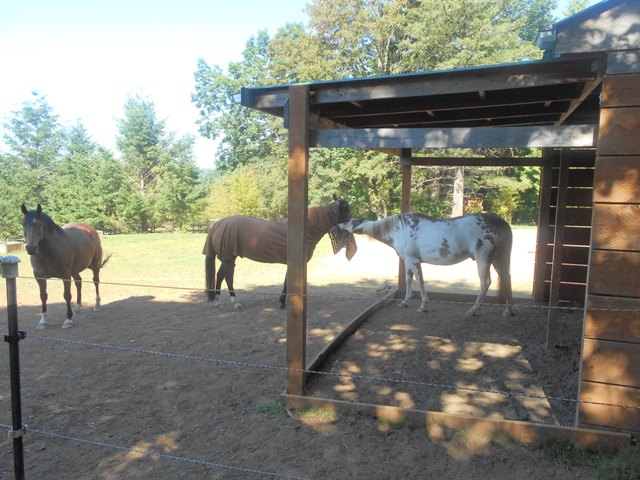
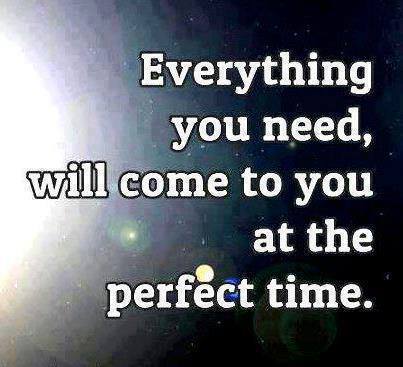
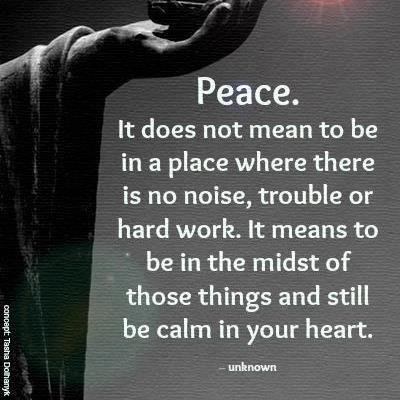
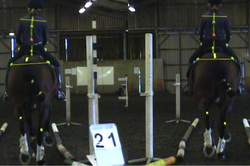
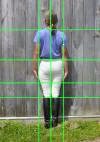
 RSS Feed
RSS Feed
